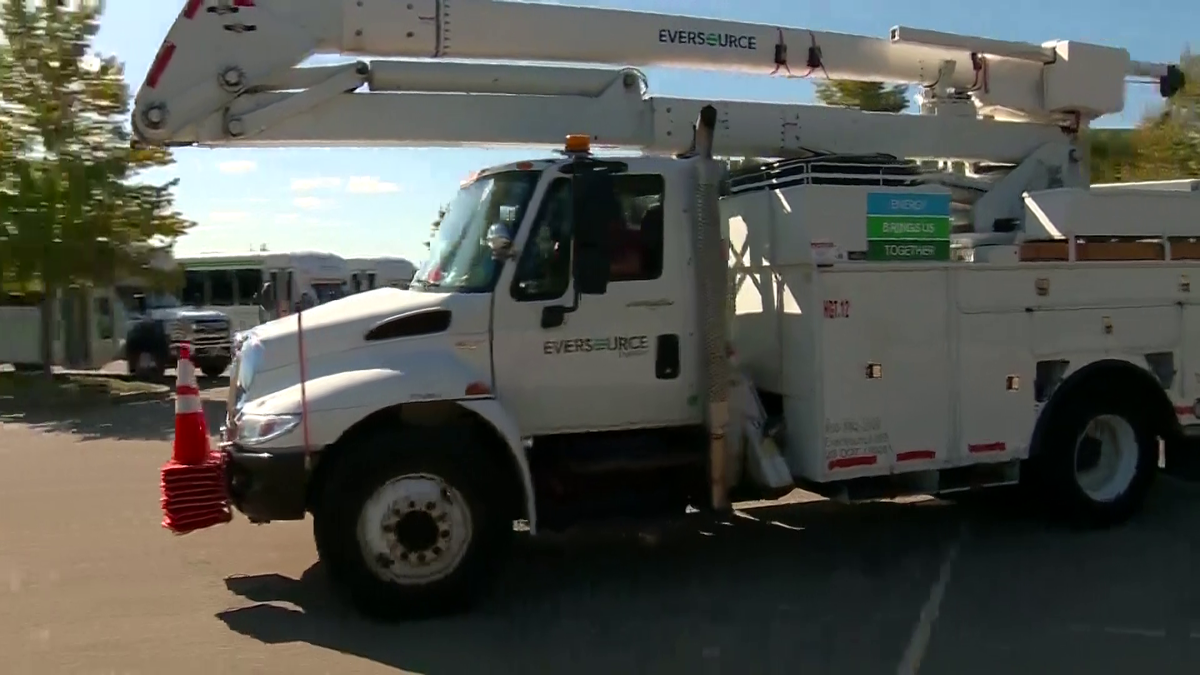After a winter of sky-high natural gas bills, regulators in Massachusetts have now said the state’s gas companies may have been overcharging customers for work they’re doing to replace pipes.The finding comes as part of a new series of actions the Department of Public Utilities is taking to try to lower customer bills.In orders issued late Wednesday, the DPU immediately cut the amount of money gas companies can spend on pipe repair and replacement. The costs for that work are part of the Massachusetts Gas System Enhancement Plan, or GSEP — a state program that was supposed to incentivize gas companies to repair or replace old and leaky pipes by letting gas companies pass on the charges for the work to customers.The costs for the GSEP are folded into the delivery portion of a customer’s gas bill. As NewsCenter 5 first reported this winter, delivery charges on natural gas bills in Massachusetts exploded, sometimes running two or three times the cost of the gas supply itself.That spike was driven in part by several state-mandated programs. The Mass Save energy efficiency plan is the most expensive of those, but the GSEP is the second-largest of those state plans, comprising 20% to 25% of the distribution adjustment line on gas bills.The DPU said costs for the GSEP have surged, and gas companies are profiting by choosing to replace pipes when there might be less expensive options available like repair.When the program began in 2015, the DPU said the spending per mile of pipe was $1.32 million. Now, it’s $3.46 million — almost triple for the same one mile.Eversource’s replacement cost for a gas main has risen as much as 61% since 2020. National Grid’s replacement cost is up 63% since 2020. Both of those are well beyond the rate of inflation.However, what is most surprising is that the DPU said gas companies may be potentially overcharging customers by charging for the cost of removing old pipes when those are often left in the ground, which is much cheaper.”The evidence in this case indicates that when existing pipe is retired in favor of replacement pipe, the existing pipe typically is abandoned in place rather than removed from the ground,” DPU said in its orders, noting that it will investigate the matter further.The DPU ordered the gas companies to reevaluate the costs for this.Starting this year, the DPU is lowering the amount of money gas companies can spend on GSEP work from 3% of their total revenues to 2.5%.That number will drop further in 2026 and 2027, where it will hit the minimum allowed by state law: 1.5%. The agency said these cuts should lower customer bills this year.In statements, both National Grid and Eversource — the Boston region’s largest gas utilities — said they are reviewing the DPU’s order and are dedicated to delivering gas safely.
After a winter of sky-high natural gas bills, regulators in Massachusetts have now said the state’s gas companies may have been overcharging customers for work they’re doing to replace pipes.
The finding comes as part of a new series of actions the Department of Public Utilities is taking to try to lower customer bills.
In orders issued late Wednesday, the DPU immediately cut the amount of money gas companies can spend on pipe repair and replacement. The costs for that work are part of the Massachusetts Gas System Enhancement Plan, or GSEP — a state program that was supposed to incentivize gas companies to repair or replace old and leaky pipes by letting gas companies pass on the charges for the work to customers.
The costs for the GSEP are folded into the delivery portion of a customer’s gas bill. As NewsCenter 5 first reported this winter, delivery charges on natural gas bills in Massachusetts exploded, sometimes running two or three times the cost of the gas supply itself.
That spike was driven in part by several state-mandated programs. The Mass Save energy efficiency plan is the most expensive of those, but the GSEP is the second-largest of those state plans, comprising 20% to 25% of the distribution adjustment line on gas bills.
The DPU said costs for the GSEP have surged, and gas companies are profiting by choosing to replace pipes when there might be less expensive options available like repair.
When the program began in 2015, the DPU said the spending per mile of pipe was $1.32 million. Now, it’s $3.46 million — almost triple for the same one mile.
Eversource’s replacement cost for a gas main has risen as much as 61% since 2020. National Grid’s replacement cost is up 63% since 2020. Both of those are well beyond the rate of inflation.
However, what is most surprising is that the DPU said gas companies may be potentially overcharging customers by charging for the cost of removing old pipes when those are often left in the ground, which is much cheaper.
“The evidence in this case indicates that when existing pipe is retired in favor of replacement pipe, the existing pipe typically is abandoned in place rather than removed from the ground,” DPU said in its orders, noting that it will investigate the matter further.
The DPU ordered the gas companies to reevaluate the costs for this.
Starting this year, the DPU is lowering the amount of money gas companies can spend on GSEP work from 3% of their total revenues to 2.5%.
That number will drop further in 2026 and 2027, where it will hit the minimum allowed by state law: 1.5%. The agency said these cuts should lower customer bills this year.
In statements, both National Grid and Eversource — the Boston region’s largest gas utilities — said they are reviewing the DPU’s order and are dedicated to delivering gas safely.
